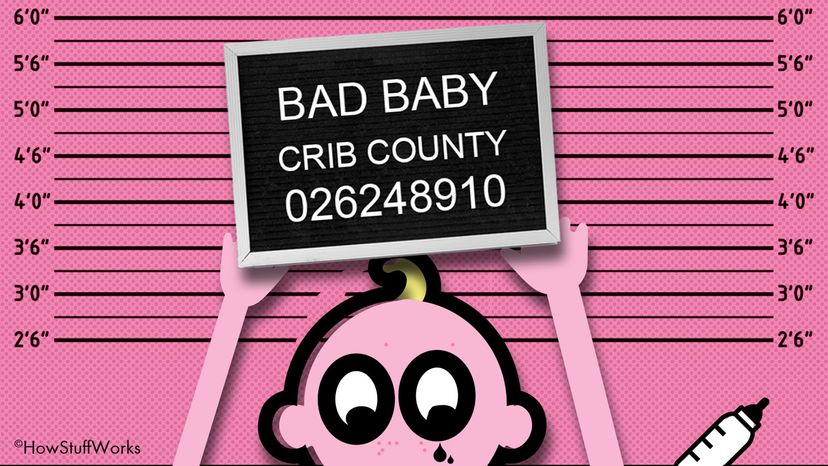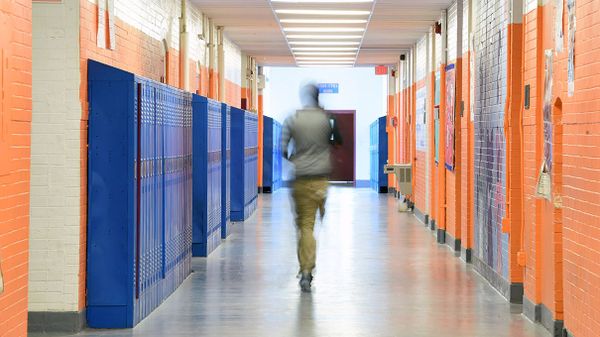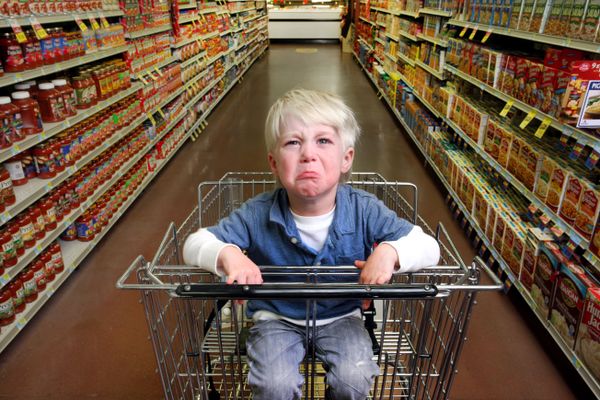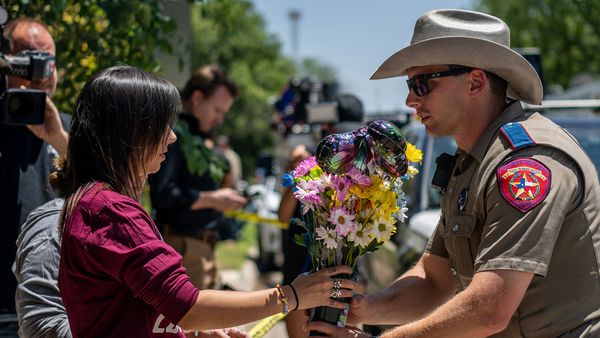A police officer with Orlando's Reserve Unit arrested the two 6-year-olds on separate misdemeanor battery charges on Sept. 19, 2019. One was a girl who lashed out in a tantrum that was brought on by a sleep disorder, the girl's family told The New York Times. On Monday, Sept. 23, the Orlando Police Department fired the officer who made the arrests for not following protocol that required he get approval from his supervisor to arrest any minor younger than age 12. No charges were filed against the two children.
Cops in schools, of course, are not new. Florida is one of many states that has bumped up its police presence in schools over the years. The Florida legislature mandated it after a shooting at Marjory Stoneman Douglas High School in Parkland claimed 17 lives in February 2018.
The increased show of force, though, seems to come with some problems. For one: As the Orlando Sentinel points out, citing a report by the Education Week Resource Center, black students are arrested at school at a disproportionately high rate. At least one of the children arrested in Orlando was black.
"It's unfortunate that these are things that you have to think about while navigating a public school," Justin Henry, a political consultant and activist in Orlando, told the Sentinel. "Little black girls and teenage black girls, when they do have outbursts, it's looked upon as aggression."
The buildup of police in schools is understandable, of course. It has been more than 20 years since two students killed 13 people and injured 21 others at Columbine High School in Littleton, Colorado. Since Columbine, up until April of this year, America has been through 238 other school shootings, according to a year-long investigation by The Washington Post.
Still, as the recent news out of Orlando shows, police and schoolkids — even elementary school kids — just sometimes don't mix.
"We know where this is coming from. This fear of what happens when a child acts out in school — that there's going to be some catastrophic consequence — emanates from Columbine. For 20 years, we've been overreacting," Levick says. "I'm not aiming to trivialize schools being so quick to call law enforcement. There are obviously many situations [in which that is] appropriate. But this is one that defies common sense. Do we have no ability to discern a serious situation from a non-serious situation? We've lost our ability to exercise good judgment."



